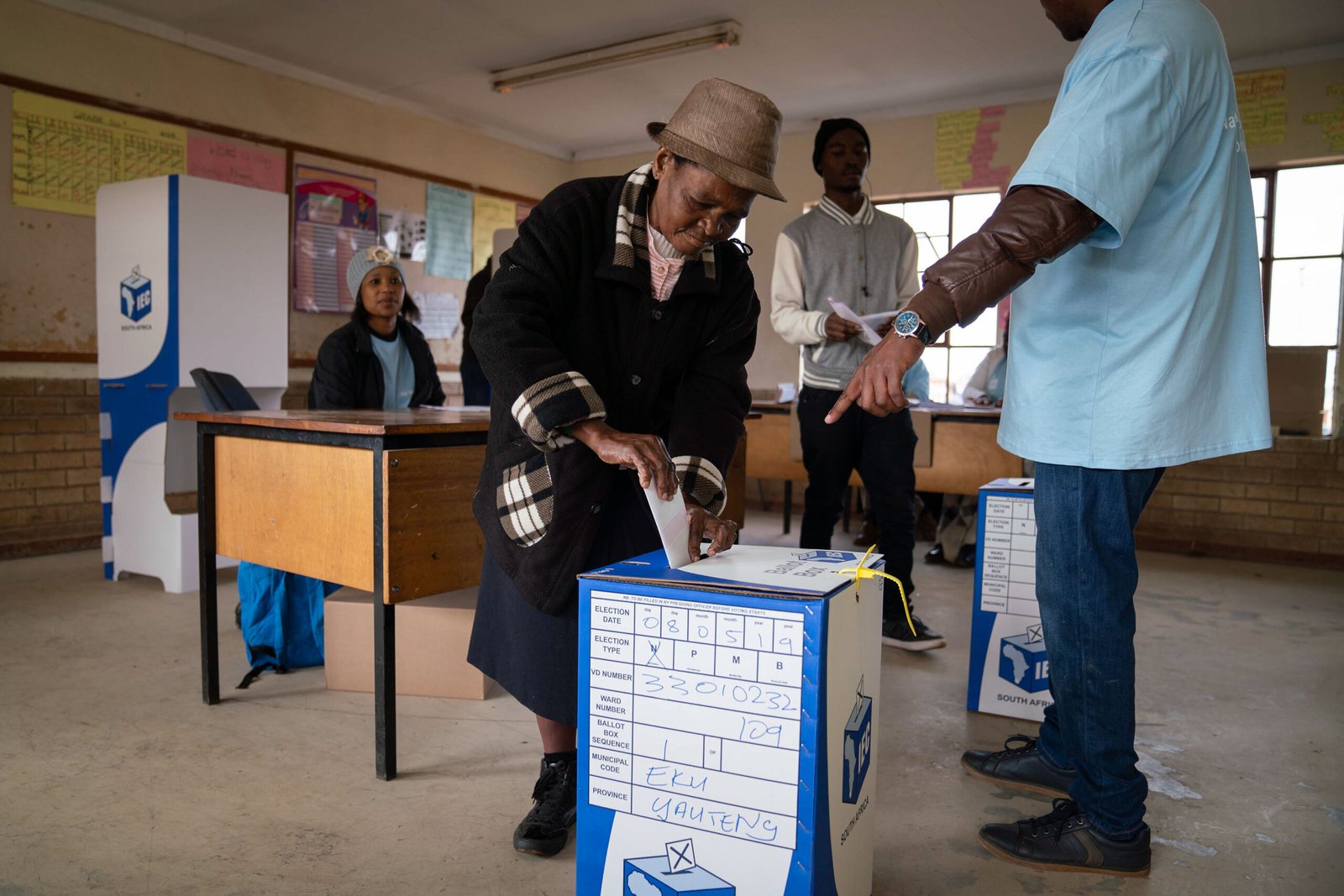AI Solutions for Ensuring Integrity in African Elections
As Africa faces a year filled with elections, the integrity of election processes, information, and voting rights will face challenges due to the competitive nature of politics on the continent.
The misuse of AI-generated disinformation and misinformation to undermine electoral institutions and influence voter behavior poses a significant threat, alongside the unregulated involvement of big tech companies and technologists in the electoral process. However, African electoral commissions are beginning to recognize the potential of AI in improving the efficiency and trustworthiness of electoral processes. Nevertheless, it’s crucial to understand that AI is not a magical solution but rather a tool that can enhance electoral processes when deployed appropriately.
While discussions around AI and elections often focus on its impact on disinformation, the role of AI in election management itself remains underexplored. In response to this gap, the African election observation ecosystem organized a conference on Artificial Intelligence and Elections in Africa. The conference aimed to explore the opportunities and risks of AI-powered electoral processes, especially as numerous African countries prepare for executive and legislative elections.
During the conference, four critical debates emerged regarding AI and African elections. Firstly, Africa’s limited ownership of technological infrastructure puts it at a disadvantage in the AI landscape dominated by big tech companies. Secondly, relying solely on AI to deepen electoral integrity may not address the underlying trust deficit in electoral outcomes. Thirdly, regulating AI in elections may be premature given its rapid evolution and limited adoption. Lastly, the costs associated with AI adoption in elections may outweigh its benefits.
While AI’s role in African elections is still developing, some electoral commissions have begun to adopt AI for various tasks such as voter register management, voter engagement, authentication, and cyber threat detection. However, the adoption of AI is not widespread due to financial constraints and concerns about misinformation, voter disenfranchisement, and privacy violations.
To incentivize AI adoption in elections, there needs to be improved access to AI tools, successful use cases, affordability of AI systems, and supportive policies and legal frameworks. Additionally, regulations for AI uptake in elections must be established to mitigate risks and ensure transparency, fairness, and inclusivity in the electoral process.
As stakeholders explore AI adoption in African elections, it’s essential to consider both the opportunities and risks associated with AI systems. Efforts should focus on upholding principles of fairness, reliability, safety, privacy, and transparency in designing, deploying, and regulating AI systems. Africa can look to existing regulatory frameworks, such as the EU’s comprehensive AI regulation, as a model for developing its own regulations. Furthermore, electoral commissions and observers must update their knowledge to understand AI’s evolving role in elections and its potential impact on democracy and election integrity.


















